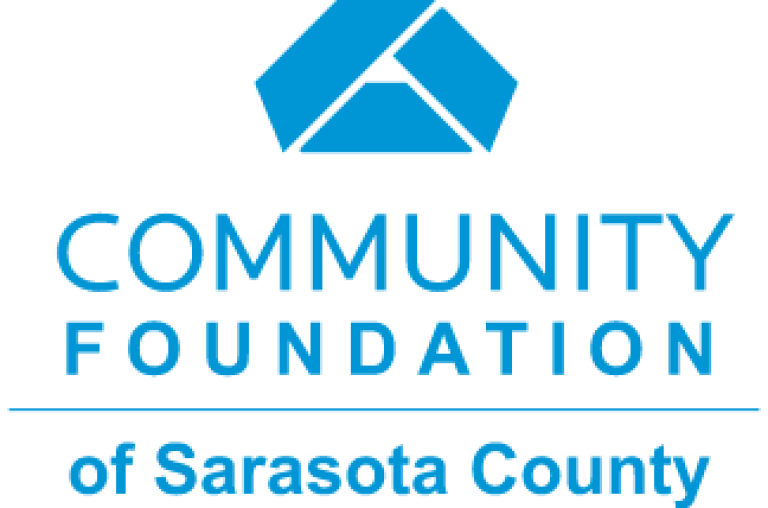May 23, 2025
New Housing Action Plan Provides a Blueprint for Addressing Sarasota's Affordable Housing Crisis
Categories: Community Care,
A new report authored by the Florida Housing Coalition and commissioned by four Sarasota area foundations—including the Community Foundation of Sarasota County—calls for "bold action from the public and private sectors to build and preserve more affordable homes" to address the region's "deep affordable housing shortage." The report's authors estimate that 15,000 new affordable homes need to be built between now and 2035 to address both current and projected needs, and outline a series of policy recommendations for public officials and key leaders to achieve that goal.
According to the report, more than 47,000 households in Sarasota County spend more than 30 percent of their income on housing, which places them in a category of "cost-burdened" households. Of those local households, nearly 25,500 spend more than 50 percent of their income on housing, meaning that they are "severely cost-burdened." The authors point out that when such a high percentage of a household's income is spent on a mortgage or rent, it makes it challenging for families to save or to cover other basic expenses like food, health care, and education.
This leaves teachers, service and hospitality workers, nurses and home health aides, child care providers, and more struggling to get by, and the consequences for local families can be catastrophic. The report notes that frequent moves, job losses, overcrowding, parental stress, and homelessness have been linked to lower educational attainment and poor health outcomes for children. At the same time, local employers struggle to find qualified workers, handicapping their ability to grow.
To address this crisis, the report's authors outline a multi-pronged strategy that involves local governments, financial institutions, philanthropic organizations, and major employers. Recommendations include creating and sustaining affordable housing trust funds, offering tax relief and incentives, reforming zoning and land use regulations to allow a broader range of home types to be built, dedicating publicly owned land toward meeting affordable housing goals, and forming strategic partnerships with large employers, school boards, colleges, religious institutions, and more. The report's authors emphasize that the housing market will not create the additional 15,000 affordable housing units needed over the next decade on its own, and that robust collaboration between public, private, and nonprofit entities is needed to make those units a reality.
If implemeted successfully, such policies would lead to substantial economic activity for the entire region, according to the report. The construction of new affordable units creates jobs and opportunities for local suppliers, and residents become free to spend more of their wages at local businesses instead of putting so much of their income toward housing. Affordable housing also helps employers attract and retain talent, leading to more jobs and economic growth for all.
To read or downlod a copy of the Florida Housing Coalition's Sarasota Housing Action Plan, click here.
